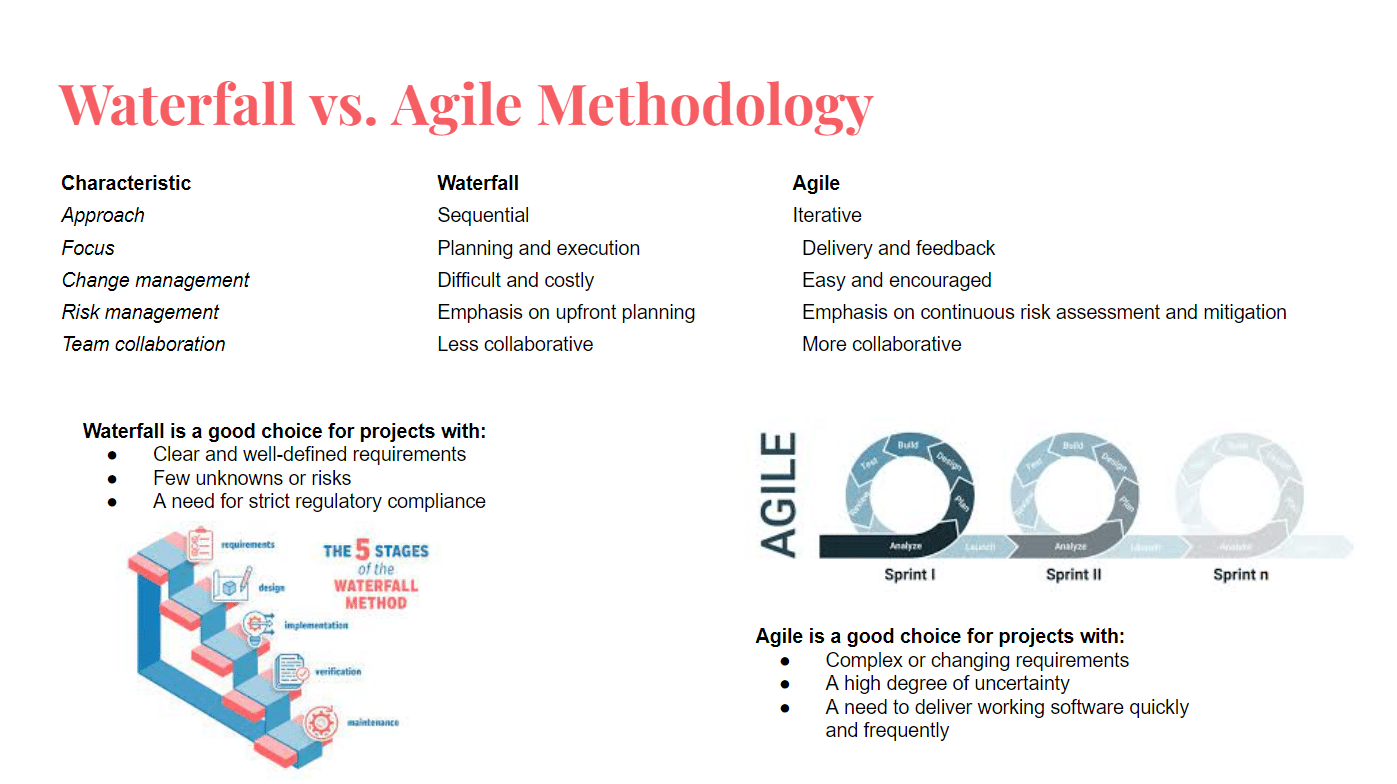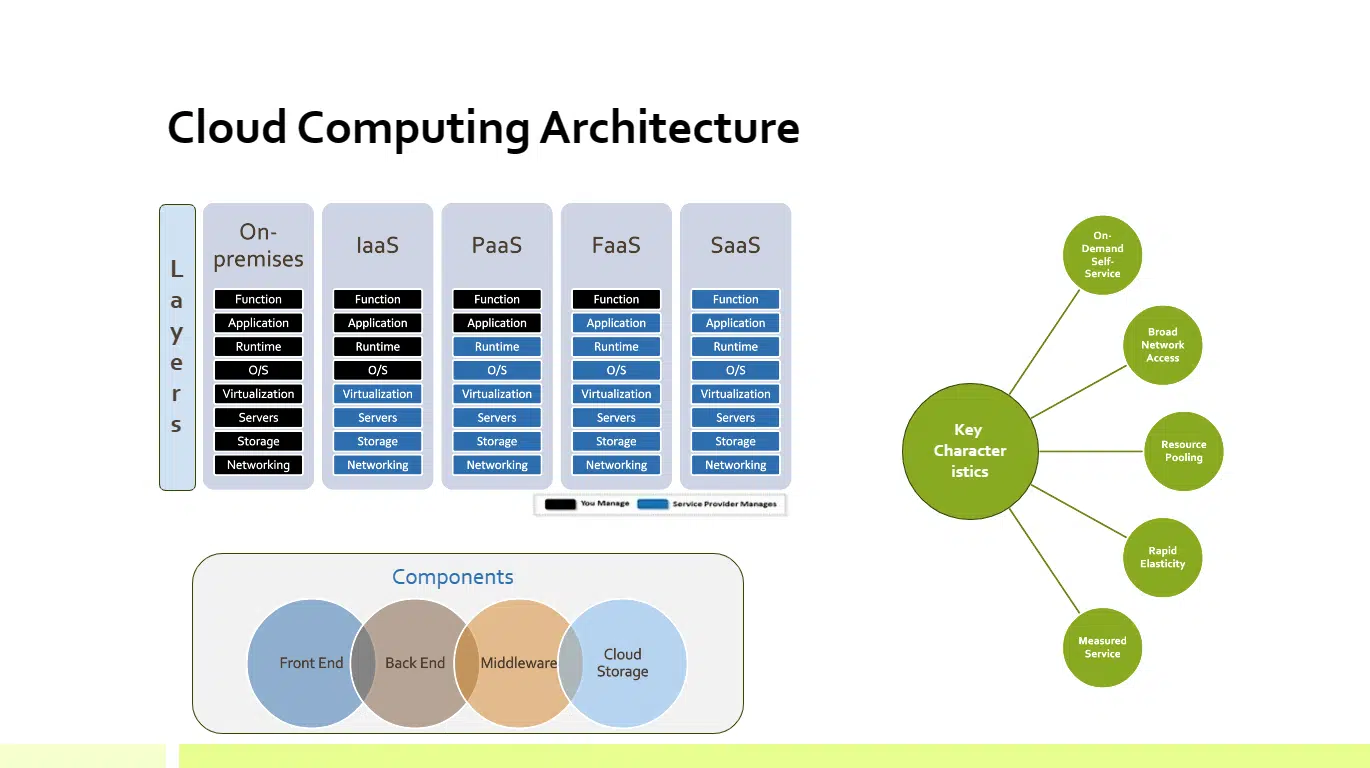Choosing the right hosting option for your business is a critical decision that requires careful consideration of several factors. These factors include business size, resource needs, and security requirements. According to a recent study, by 2027, 85% of the hosting solutions available today will no longer be optimal due to changing requirements, making it even more critical to choose a hosting option that will meet your business needs now and in the future.

Organizations tend to focus on the deployment of new and existing business capabilities, often ignoring the impact on business value, cost, and risk aspects, such as stability and reliability. Making the right decision at the outset is crucial, as it can be challenging to change course once the decision is made. Poor workload placement can lead to excessive costs, performance degradation, security risks, compliance issues, and a decline in business service performance. It also limits an organization’s ability to take advantage of new capabilities.
A case study of Airbnb demonstrates how they tackled these challenges by adopting a hybrid cloud strategy. Airbnb is an online marketplace that connects people looking for a place to stay with people who have rooms, apartments, or houses to rent. To address scalability, security, and reliability issues, Airbnb combined on-premises resources with public cloud services.
Airbnb used the Hybrid Cloud Decision Framework to evaluate the suitability of a hybrid cloud solution and develop a roadmap for its adoption. This framework includes four dimensions – business, technical, security, and operational – that provide a comprehensive and systematic approach for assessing the suitability of a hybrid cloud solution.
- Airbnb evaluated the business case for adopting a hybrid cloud solution. They assessed the potential benefits and risks of adopting a hybrid cloud solution and determined whether it aligned with their business goals and objectives. Airbnb recognized that a hybrid cloud solution could provide them with greater flexibility, scalability, and cost savings while also reducing their reliance on on-premise infrastructure.
- Airbnb assessed their technical capabilities and infrastructure to determine their readiness for a hybrid cloud solution. They evaluated their existing infrastructure and identified which applications and workloads were suitable for the cloud and which ones needed to remain on-premise. Airbnb also identified the technical challenges and risks associated with adopting a hybrid cloud solution, such as data security, data integration, and application performance.
- Airbnb assessed the security requirements of their applications and workloads and identified any compliance or regulatory requirements. They evaluated the security features and controls offered by the cloud service providers and determined how to maintain consistent security policies and controls across both on-premise and cloud environments. Airbnb also considered the risks associated with data privacy and data sovereignty and developed a plan to mitigate these risks.
- Airbnb evaluated the operational considerations associated with adopting a hybrid cloud solution. They assessed the impact on their IT operations, such as staffing, training, and support, and identified any potential operational risks and challenges. Airbnb also developed a plan to manage the hybrid cloud environment and ensure consistent performance, availability, and reliability.
By using the Hybrid Cloud Decision Framework, Airbnb was able to evaluate the suitability of a hybrid cloud solution and develop a roadmap for its adoption. The framework helped Airbnb assess the benefits and risks of a hybrid cloud solution, identify potential technical and operational challenges, and develop a plan to mitigate these risks. Airbnb’s adoption of a hybrid cloud solution allowed them to benefit from the flexibility and scalability of the cloud while maintaining the security and control of their on-premises infrastructure.




